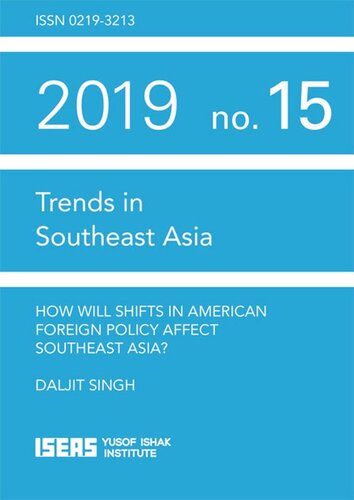

Most ebook files are in PDF format, so you can easily read them using various software such as Foxit Reader or directly on the Google Chrome browser.
Some ebook files are released by publishers in other formats such as .awz, .mobi, .epub, .fb2, etc. You may need to install specific software to read these formats on mobile/PC, such as Calibre.
Please read the tutorial at this link: https://ebookbell.com/faq
We offer FREE conversion to the popular formats you request; however, this may take some time. Therefore, right after payment, please email us, and we will try to provide the service as quickly as possible.
For some exceptional file formats or broken links (if any), please refrain from opening any disputes. Instead, email us first, and we will try to assist within a maximum of 6 hours.
EbookBell Team

4.1
100 reviewsA new phase in US foreign policy, in which China is viewed as a major threat to American economic and security interests, has begun under the Trump administration. The strong anti-China sentiment is accompanied by efforts to “decouple” from China. If carried too far, they will alienate allies and friends whose cooperation the US will need in order to compete with China. In the broader American foreign policy community, there is an intense ongoing debate on how strong the push-back against China should be. Both moderates and hawks agree on the need for a “tougher” approach but differ on the degree and method of toughness. No coherent strategy has been possible partly because President Trump’s thinking does not always accord with that of his own administration and partly because it is still too early in the day to come out with well-thought-out policies to support such a major change in foreign policy direction. The ongoing adjustments to global policy and strategy will therefore continue as the security focus shifts to the Indo-Pacific region. The “Free and Open Indo-Pacific” concept provides some signs of the broad direction policy may take but its vital economic dimension is still missing. There is greater recognition in Washington of the importance of Southeast Asia. Located in the middle of Indo-Pacific, it will be a contested zone between China and the US and its allies. The US will step up its public diplomacy to better promote its own narrative in Southeast Asia. Under the Trump administration, the importance of the South China Sea to the US has risen. The US will remain a powerful factor in Asia despite Trump and problems at home. China is not on an inevitable path of dominance given its own significant domestic challenges.